Today’s readings
Christ is risen! He is risen indeed! Alleluia!
We English-speakers have just one word for time, but other languages have more; those languages recognize the different kinds of time. Most notably for us, because it is reflected in the New Testament, the Greek language has two kinds of time: chronos and kairos. Chronos is the kind of time you can measure. It’s a day or a week or even the timeline of a project at work. Kairos on the other hand can be thought of as quality time: a summer afternoon spent with your family, a visit to a sick loved one, or a chance encounter with an old friend. This kind of time is mostly unmeasurable, and in some sense kairos is always “now.”
It’s important to keep these kinds of time in mind because the world sometimes sees time in a rather cynical way. But that’s not how our God sees time. Did you hear what we prayed at the very beginning of tonight’s vigil? Listen again: “Christ yesterday and today, the beginning and the end, the Alpha and the Omega, all time belongs to him, and all the ages, to him be glory and power through every age and for ever. Amen.” And these are important, even brave words for us to offer on this most holy night. Tonight’s vigil proclaims that all time is holy, sanctified by our God who has walked with us through our yesterdays, remains with us today, and forges on with us toward our tomorrows. There is not a single moment of our life, not a single moment of our history that is not holy because every moment has been, is now, and always will be imbued with the presence of our God who is holiness itself. That’s what we gather to celebrate on this most holy night.
But as we have walked through Lent, and especially through this Holy Week, there may even be a temptation, I think, to come to think that the world, and especially human history, was a creative experiment that went horribly wrong, that God sent his Son to clean up the mess only to have him killed for it, and then in a last move of desperation raised him up out of the grave. But we know that’s not how this works. Salvation was not some kind of dumb luck or happy accident. The salvation of the world had been part of God’s creative plan all along. Humanity, given the grace of free will had, and has, certainly gone astray. But God did not create us simply to follow our own devices and end up in hell. He created us for himself, and so sent his Son Jesus to walk our walk, to die our death, and to rise up over it all in the everlasting promise of eternal life. That’s what we celebrate on this most holy of all nights.
There is a cynical view of our world that would have us believe that everything is futile and that the only possible way to endure this world is to cultivate a kind of cynical apathy that divorces us from our God, our loved ones, our communities and our world. If we don’t get involved and invested, if we don’t love with abandon, we aren’t likely to get hurt. We are conditioned to believe that time, and life itself, is meaningless, that there is nothing worth living for, and certainly nothing worth dying for. But tonight’s vigil debunks all of that. Tonight we are assured by our God that our present is no less redeemable than was our past, nor is it any less filled with promise than is our future.
This wonderful three-day Liturgy that we call the Sacred Paschal Triduum began on Thursday night. On that night we sang “Lift High the Cross,” which is reminiscent of the proper entrance antiphon that the Church gives us for the Liturgy of these holy days:
We should glory in the Cross of our Lord Jesus Christ,
in whom is our salvation, life and resurrection,
through whom we are saved and delivered.
Should there be any doubt about the glory of the Cross, these words, which are borrowed from the letter to the Galatians, remind us that there is nothing on earth that is so ponderous that our God can’t redeem it. There is no darkness that our Lord’s Paschal Mystery can’t brighten. There is no pain or sadness that our Lord hasn’t taken on himself and defeated, once and for all, on this most holy of all nights.
Tonight we have heard stories of our salvation, God’s saving action in the world throughout all time. Each of our readings has been a stop in the history of God’s love for us. God’s plan for salvation, and his sanctification of time, began back at the beginning of it all. Each of the days was hallowed with precious creation, and all of it was created and pronounced good. Then Abraham’s faithfulness and righteousness earned us a future as bright as a zillion twinkling stars. Later, as Moses and the Israelites stood trapped by the waters of the Red Sea, God’s providence made a way for them and cut off their pursuers, making the future safe for those God calls his own. The prophet Isaiah calls us to seek the Lord while he may be found, not spending our lives on things that fail to satisfy, but investing in our relationship with God that gives us everything. The prophet Ezekiel foretells the re-creation all humanity will experience as they come to know Christ and are filled with the Spirit. Saint Paul rejoices in the baptism that has washed away the stains of sin as we have died and risen with Christ, and has brought us into a new life that leads ultimately to God’s kingdom. And finally, our Gospel tonight tells us not to be afraid, to go forth into the Galilee of our future and expect to see the Risen Lord.
We Christians have been spared the necessity and sadness of a cynical view of the world and its people. Our gift has been and always is the promise that Jesus Christ is with us forever, even until the end of the world. And so, just as God sanctified all of time through his interventions of salvation, so too has he sanctified our lives through the interventions of Sacrament. We are a sacramental people, purified and reborn in baptism, fed and strengthened in the Eucharist, and in Confirmation, set on fire to burn brightly and light up our world with the glory of God’s presence. Tonight we recall these three Sacraments of Initiation and recommit ourselves to the promises of our baptism. Also, for the first time since Thursday, we have the opportunity to celebrate the Eucharist together, drawing strength from the food our God provides.
These days of Lent have been a sanctifying journey for all of us, as we have walked the Stations of the Cross together, fasted together, celebrated the sacraments, taken part in our Project Passion Prayer experience, done works of service, and so much more. Christ has definitely sanctified this Lenten time for all of us, and has now brought us to the fullness of this hour, when he rises over sin and death to bring us all to the promise of life eternal.
And it is this very night that cleanses our world from all the stains of sin and death and lights up the darkness. The Exsultet, the Easter Proclamation that Deacon Ryan sang when we entered Church tonight, tells us: “This is the night of which it is written: The night shall be as bright as day, dazzling is the night for me, and full of gladness. The sanctifying power of this night dispels wickedness, washes faults away, restores innocence to the fallen, and joy to mourners, drives out hatred, fosters concord, and brings down the mighty.” This is a most powerful night! What a gift this night is, not just to us gathered here in this church, not just to all the Catholics gathered together throughout the world on this holy night, but to all people in every time and place. Our world needs the light and our time needs the presence of Christ, and our history needs salvation. Blessed be God who never leaves his people without the great hope of his abiding presence!
And so, having come through this hour to be sanctified in this vigil, we will shortly be sent forth to help sanctify our own time and place. Brightened by this beautiful vigil, we now become a flame to light up our darkened world. That is our ministry in the world. That is our call as believers. That is our vocation as disciples. “May this flame be found still burning by the Morning Star. The one Morning Star who never sets, Christ your Son, who coming back from death’s domain, has shed his peaceful light on humanity, and lives and reigns forever and ever. Amen.”
Christ is risen! He is risen indeed! Alleluia!
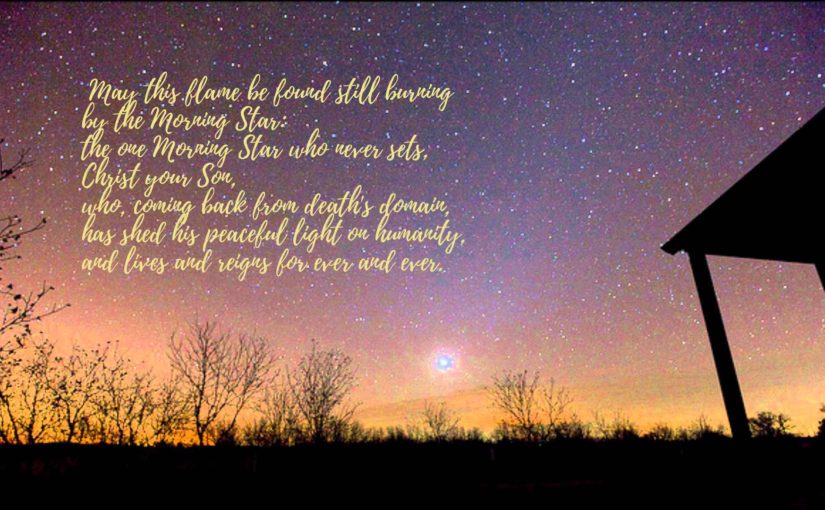
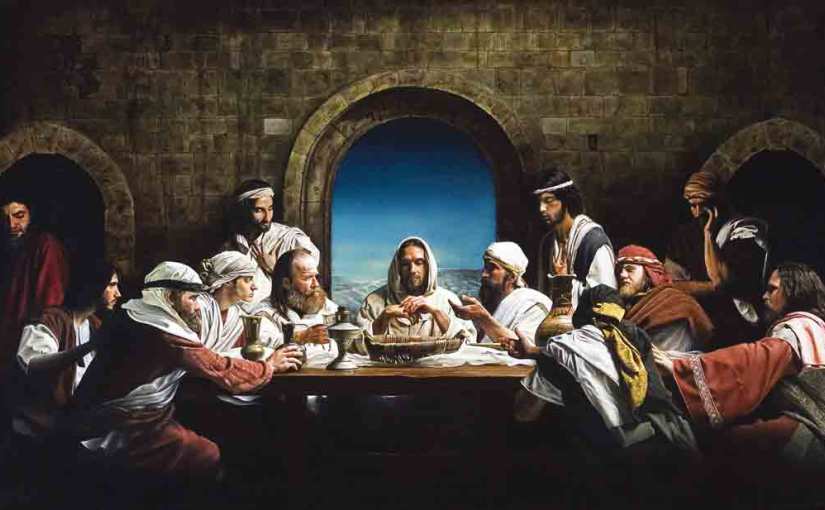
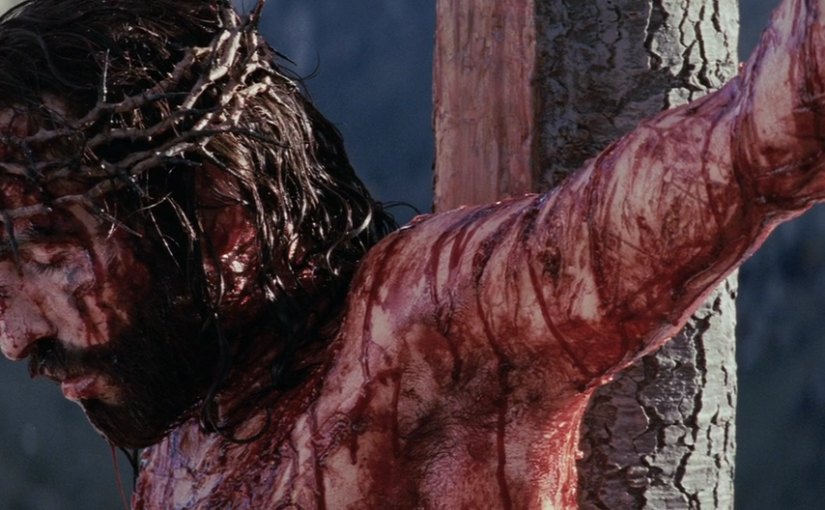

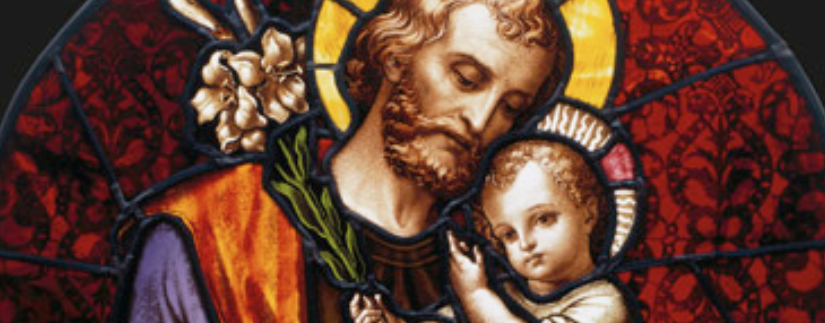
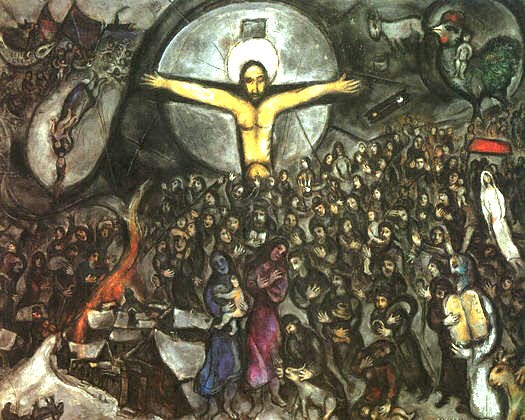

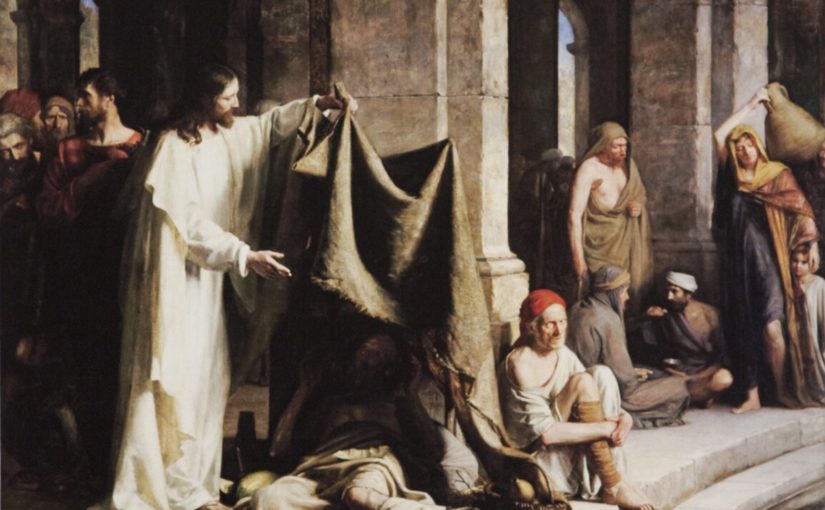
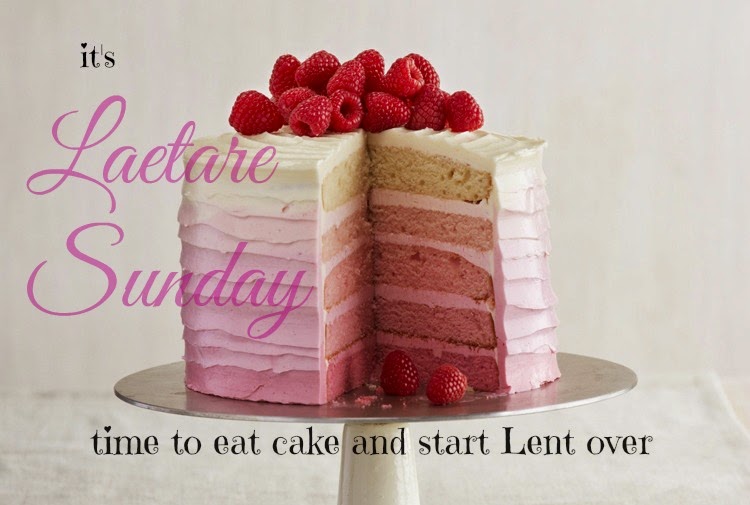
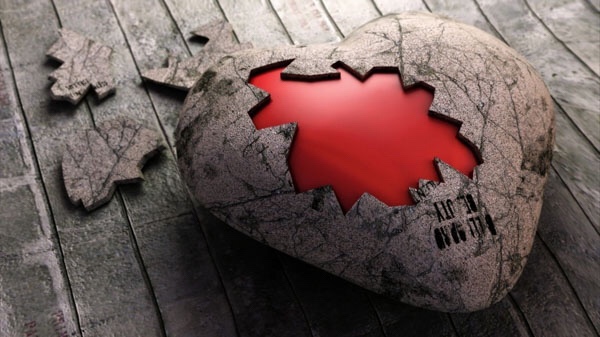
You must be logged in to post a comment.